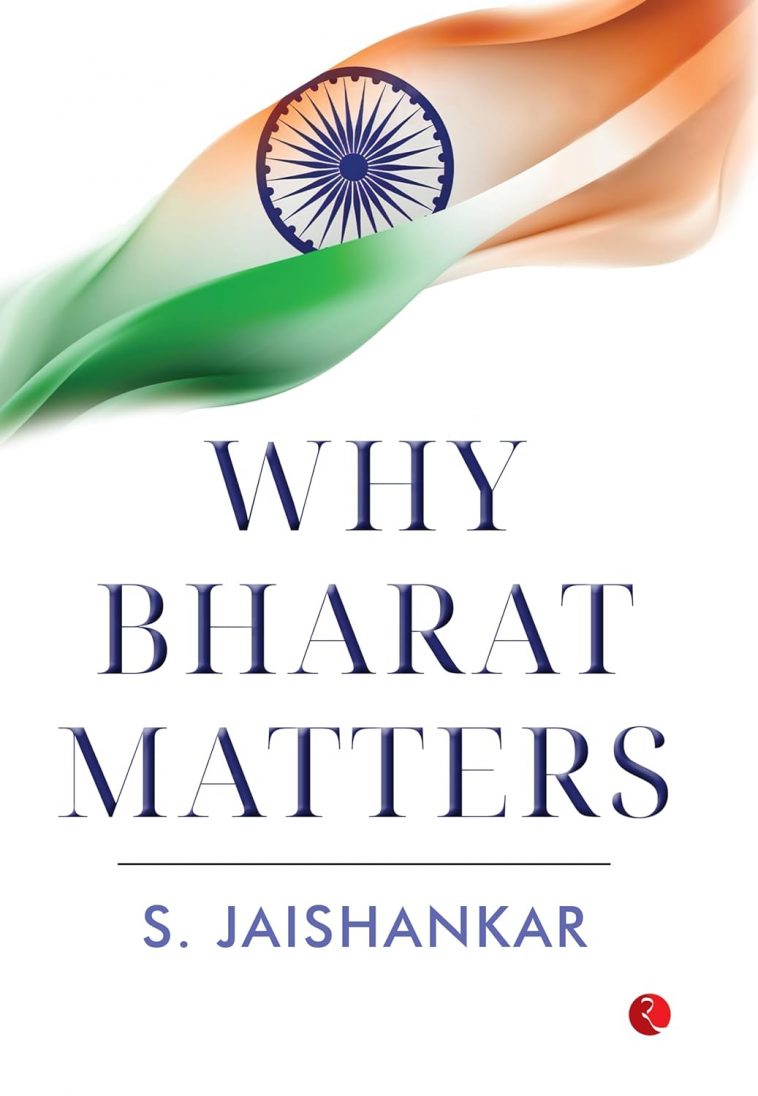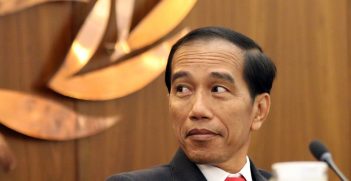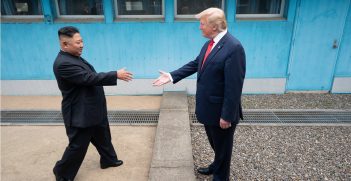Book Review: Why Bharat Matters

Indian foreign minister Subrahmanyam Jaishankar’s latest book, Why Bharat Matters, offers a deep look at the civilisational turn in India’s trajectory. In this edition, China plays a major role, from collaborative partner, to challenging regional power and provocative global actor.
In the last five months of 2023, I was in China. An individual associated with China’s Ministry of Foreign Affairs inquired with me about why India was gearing up to change its name from “India” to “Bharat.” This question was raised when India hosted of G-20 gathering in its capital city Delhi because “Bharat” was widely used during the mega gathering.
“In Nepal, we already call India Bharat in our Nepali language.” I elaborated, “Even in India’s constitution, both “Bharat” and “India” are mentioned as official names.” I added, “It is like using “Zhōngguó” instead of “China” by China.”
He got what it means to Bharat. However, millions, if not billions, of people don’t know about Bharat. In order to advertise the Bharat factor of India and the diplomatic progress by Prime Minister Narendra Modi’s decade-long administration, Subrahmanyam Jaishankar, the current foreign minister, has released a book “Why Bharat Matters.” He has also previously authored “The India Way” in 2020, a review of which can be found here.
In both books, Jaishankar has identified the visible and hidden signals of India’s growing confidence in political, economic, military, space, social, and cultural affairs. He has described India’s emergence as the “civilizational power” from the “Global South,” and outlined its broader diplomatic shift from “non-alignment” to “multi-alignment.”
In advertising, the book is pronounced as a “must-read for every Indian to understand and seriously reflect on the reality of our times that is becoming clearer with each passing day-that India matters because it is Bharat.” This book was written for India’s domestic audience. However, it maintains a focus on India’s foreign affairs, from the developing world to the developed, and from the neighborhood to big diplomatic power plays.
China’s “check” on India’s rise
Jaishankar discusses relations with the US, UK, Russia, France and the rest of the world extensively in this fresh book. However, it is the focus on China that has gained attention in the 219-page volume. In its index, China appears 68 times, compared to 62 for the US, 19 for Russia, and 9 for France. Across the 11 chapters, only China has its own country-specific chapter.
Jaishankar mentions that India’s first prime minister, Jawaharlal Nehru, made a crucial mistake in 1955 for not joining the UN Security Council. Nehru’s apathy toward the China issue led him to not heed the advice of his deputy, Sardar Vallabhbhai Patel, to prepare for a potential war with China, writes Jaishankar, giving the example of India’s loss to China in the 1962 war. He has confessed that India has weakened its position with China topographically also. “When it comes to the border, India stands significantly disadvantaged by the topography. The nature of the terrain makes the boundary far harder to secure from the south than from the north. This is further compounded by the outcome of the 1962 war,” he writes.
The author states that China’s presence has been enlarged across India’s north but that it has also surprised the nation in the south.“India is historically used to thinking of Chinese presence to its north. For the last two decades, China is also rapidly growing as a maritime power, and we will have to anticipate activities in the south,” he writes. China’s unusual economic growth as a country and its economic partnership with the Western world is also discussed. Jaishankar argues that the “rise of China is the most profound change in global politics since that of the US and the USSR after the second world war.”
Jasiahankar also discusses collaborative issues between the two countries, writing that “There will always be divergences and differences but their management is essential to our ties. And finally, civilizational states like India and China must always take the long view.” But the focus remains on the “challenges,” arguing that the “China challenge can only be countered by reversing the neglect of the border infrastructure and maintaining deployments and indeed by utilizing the possibilities that global dynamics can offer.”
Having read this interesting book by an outspoken Indian statesman, it is evident that India has an inspirational role that it seeks to impose upon the world stage. It has the largest population in the world, the fifth largest economy, is a nuclear military power, a space power, and a valued member of multilateral bodies like BRICS, G-20, Shanghai Cooperation Organization, and the Quad.
“India matters,” Jaishankar says, “because it is central to the emergence of multi-polarity, whether in Asia or in the world.”
Birat Anupam is a Nepalese journalist writing mainly on tourism, diplomacy, and the environment. He is based in Kathmandu.
This article is published under a Creative Commons License and may be republished with attribution.





